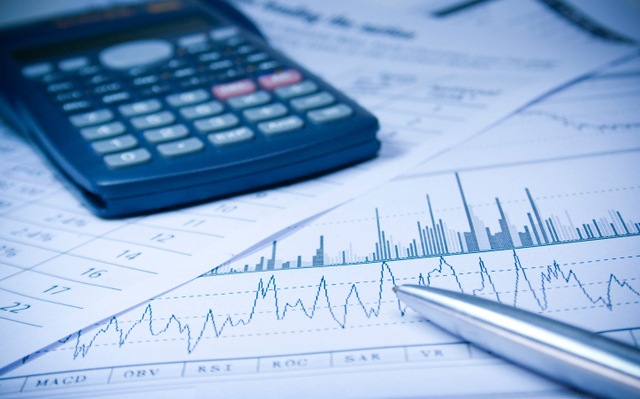
It's official: Apple has finally decided to do something with its growing mountain of cash. The result is not a splashy acquisition in tech, nor is Apple CEO Tim Cook buying a collection of private islands in the South Seas. Rather, the company is acting like a grown-up: Apple expects to spend about $15 billion a year on share buybacks and dividends.
None of that sounds very exciting unless you own Apple stock. If you do, you're likely applauding the company's newfound money management skills. After all, money in Apple's bank accounts is worth less to investors than cash that is being paid back directly to shareholders.
In 2011, Apple collected $519 million in interest and investment income. That's on an average cash balance of $28.4 billion and $51.2 billion in average long-term investments. And that's a whopping 0.7 percent APR, comparable to your average savings account. Returning some of that cash directly to investors gives each shareholder the power to earn greater returns on that money than Apple is doing on its own.
What's so great about dividends and buybacks?
The announced quarterly dividend of $2.65 per share works out to an annual yield of about 1.8 percent to investors. That's hardly ultra-generous, even by tech standards: Intel's yield is 3 percent today, Microsoft pays out 2.5 percent, Texas Instruments runs a 2.1 percent payout, and telecoms like Verizon and AT&T typically sport yields north of 5 percent. Rather, it's a modest dividend along the lines of IBM and Cisco, both in the general neighborhood of 1.5 percent.
As for the share buybacks, the program isn't designed to juice share prices. Instead, Apple plans to neutralize the dilution from employee stock purchase programs and equity grants.
A cynic might say that Apple's stock-based compensation forces shareholders to help out with the company's payroll costs. Buying back those shares, sometimes years later and at unpredictable prices, may not seem like a terribly efficient method of managing your expenses. At worst, these practices hide a portion of the payroll costs from the income statement and earnings-per-share calculations, shifting them to cash flow expenses that fewer investors look at.
But stock-based compensation is also a motivational tool, giving employees a sense of sharing the company's success. It's a tool in very wide use across the tech sector and elsewhere, to the point where it's harder to find a company that doesn't play these games than one that does. And now Apple is at least paying the piper, at long last. Apple hasn't repurchased a single share of its own stock since 2003. Since then, the company has recorded $5.1 billion of expenses for freshly issued shares, and that number still leaves out unexercised options.
Apple's fully diluted share count rose 0.9 percent in 2011, from 933.2 million to 941.6 million. Allocating $10 billion over three years to combat that effect will reverse some previous damage, though it's hard to say exactly how much. The effectiveness of buybacks depends on share prices on the open market, and if Apple's shares keep rising like they've been doing in recent years, this could be a wash. It's still better than doing nothing to fight dilution, of course.
The smart way out
All things considered, this is a smart and mature announcement. Shoving a $100 billion pile of cash and investments under your mattress makes you look big and rich, but doesn't help your shareholders any and only spurs endless questions about your plans.
But maybe you were hoping for a headline-making acquisition instead. Tim Cook could have chosen to buy (and still can buy) something big and strategic like T-Mobile, Netflix (full disclosure: I own Netflix shares), or Dell, but he doesn't need that kind of a headache. Just think back at mega-mergers like Hewlett-Packard and Compaq, AOL and Time Warner, or Excite/@Home. The cavalcade of horror stories is enough to give any CEO or investor nightmares.
reader comments
91